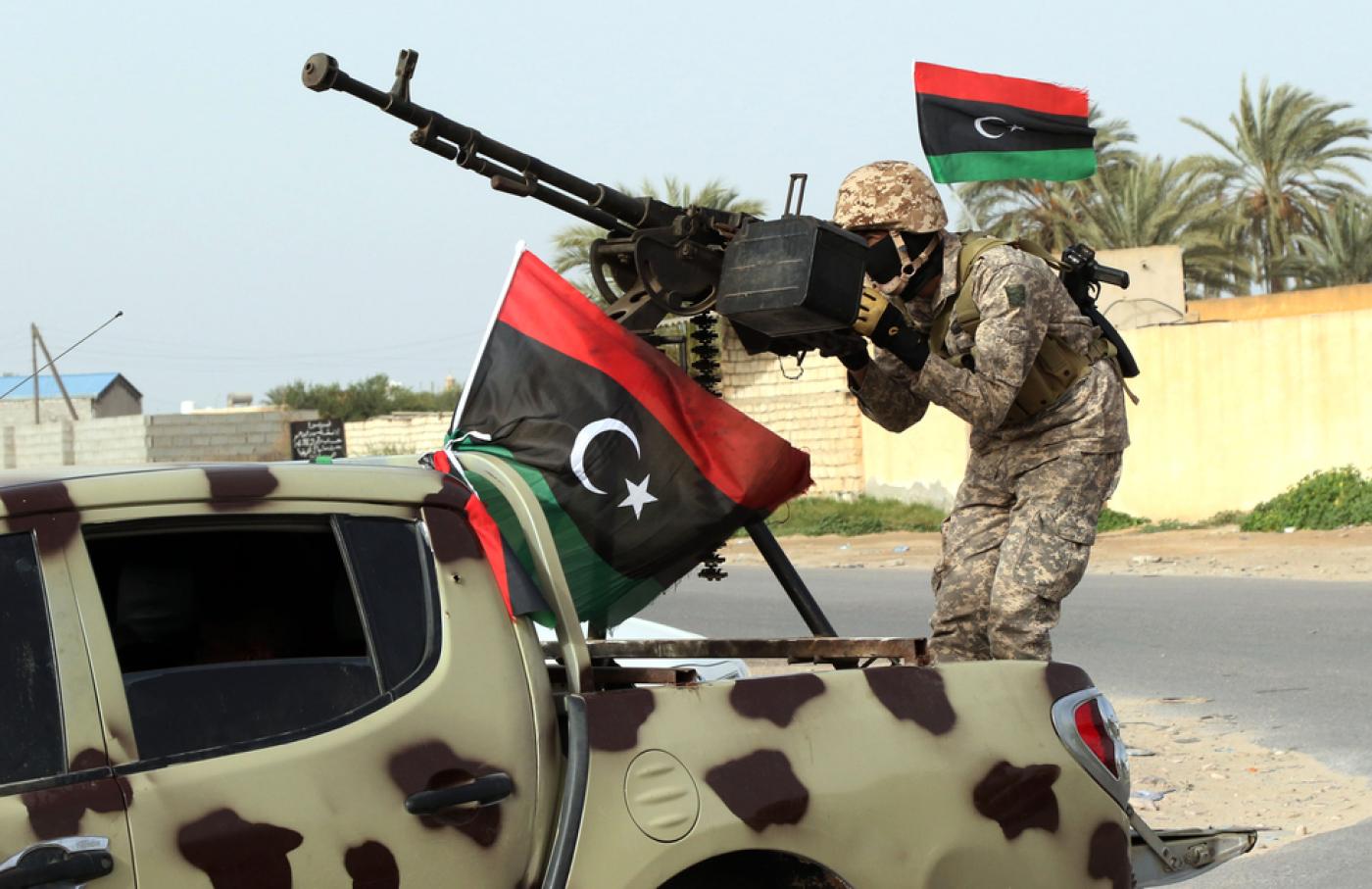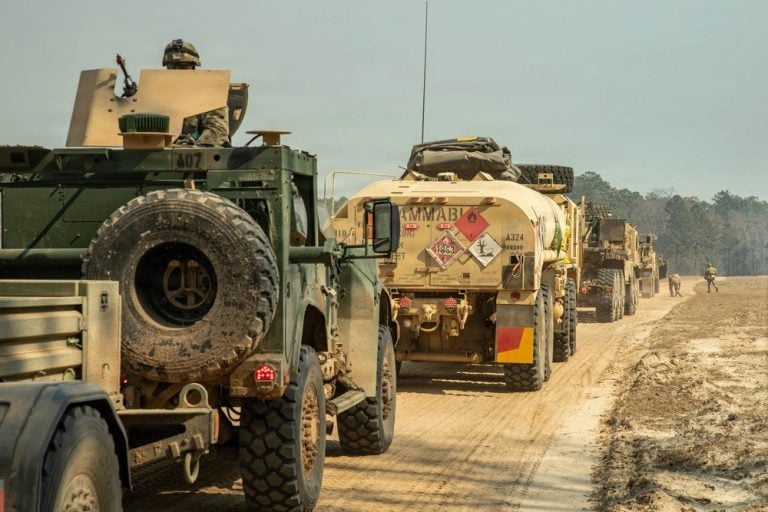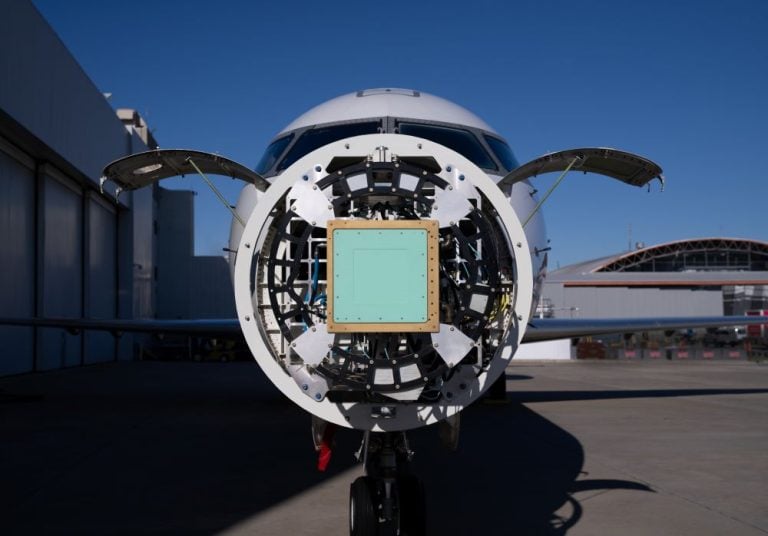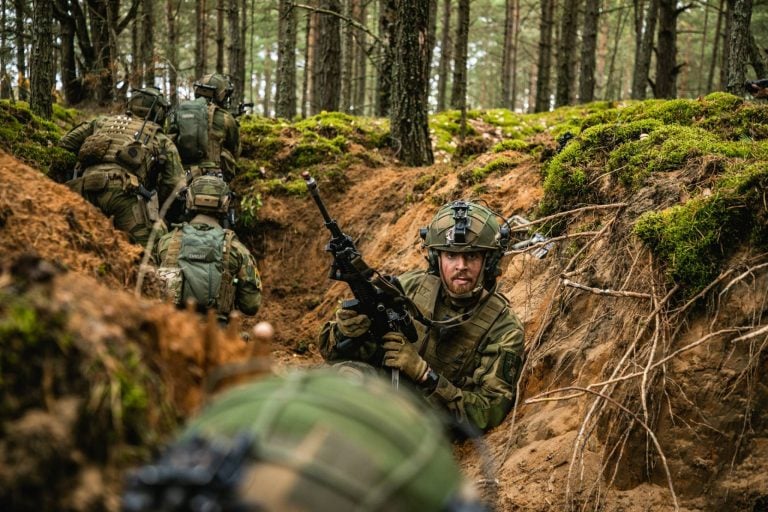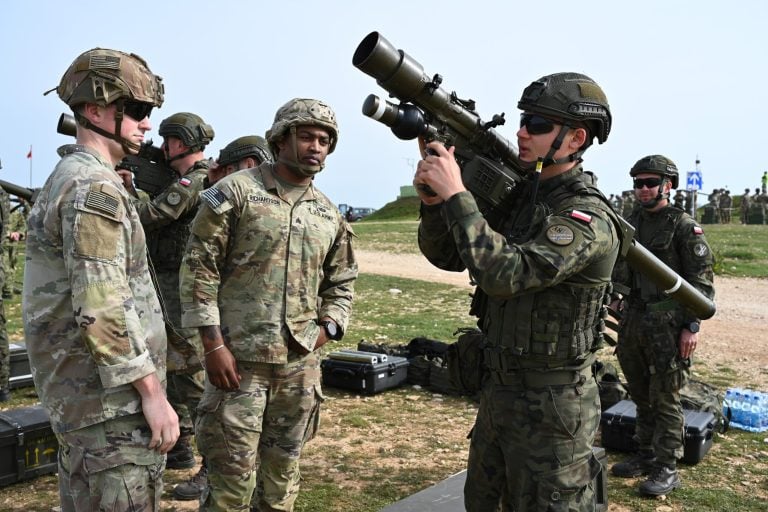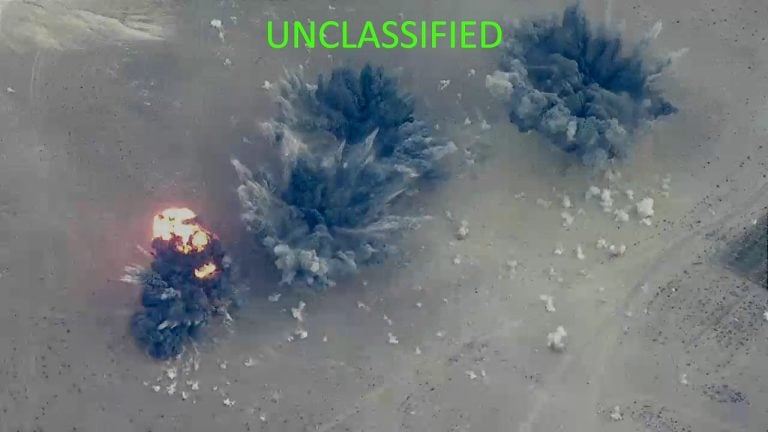The UN Support Mission in Libya (UNSMIL) has expressed deep concern over a recent surge in military mobilizations by competing factions in Tripoli, the capital of Libya. Reports indicate that armed vehicles have been moving into the city from Misrata, approximately 200 kilometers (125 miles) away. Local witnesses also reported gunfire in the capital on Monday night, with various videos circulating online documenting the sounds of conflict.
UNSMIL emphasized that the escalating tensions and military activities in Tripoli pose a significant risk of armed confrontations breaking out. Sabiha Mohamad, a Tripoli resident, recounted her experiences, stating she had heard gunshots but felt that “there was more fear than harm.” Despite the alarming sounds, there have been no official reports of casualties, and the identity of those responsible for the gunfire remains undisclosed.
Many Tripoli residents are on edge, adjusting their routines amid the uncertainty. Mohamad mentioned, “We stay cautious when going out, because anything could break out at any moment.” This atmosphere of unease highlights the fragile security situation in Libya.
The country has been politically divided since the 2011 NATO-backed uprising that resulted in the ousting and death of former leader Moamer Kadhafi. Currently, Libya is split between the UN-recognized government in Tripoli under Prime Minister Abdulhamid Dbeibah and a rival administration based in the east.
In response to the recent unrest, UNSMIL appealed to all involved parties to halt any preparations for violence, warning that these actions could lead to a “lose-lose” situation for the nation. The last significant outbreak of violence in May involved clashes among rival armed factions, resulting in at least eight fatalities, underscoring the volatility of the conflict.
The current tensions are particularly pronounced between government-aligned groups and Radaa, a formidable faction that controls key locations such as Mitiga airport and other strategic areas in eastern Tripoli.
In a proactive move, UNSMIL chief Hanna Tetteh recently proposed a roadmap aimed at facilitating general elections and addressing the need for institutional unification in Libya. This initiative aims to establish a politically viable electoral framework and create a new unified government, emphasizing the UN’s commitment to fostering stability in the war-torn North African country.
